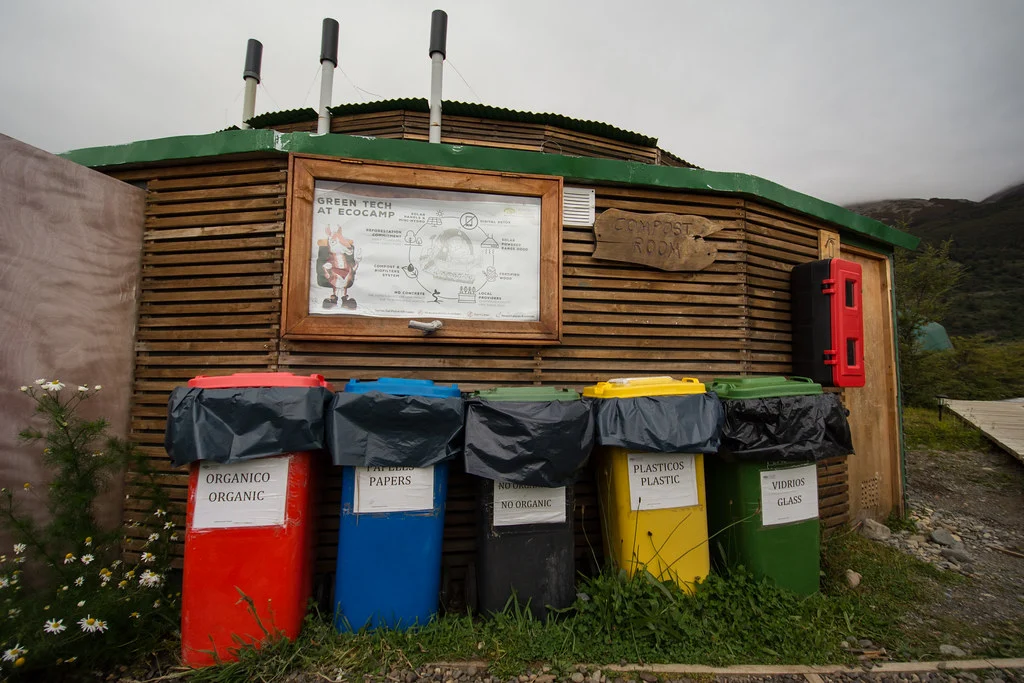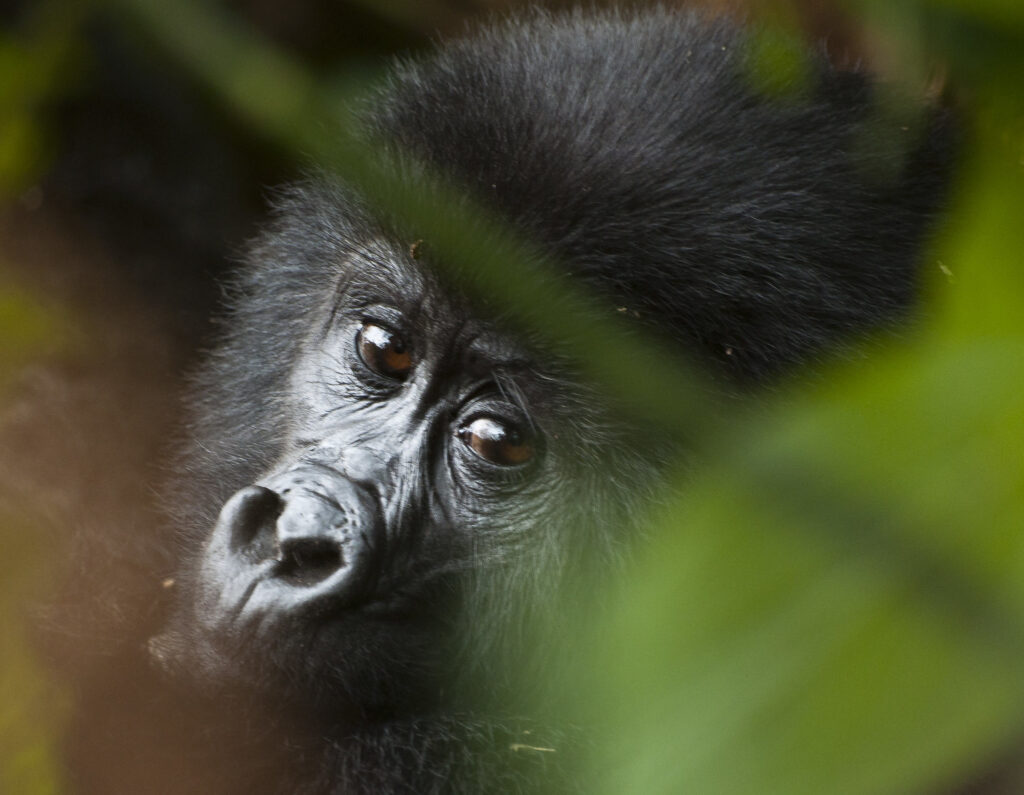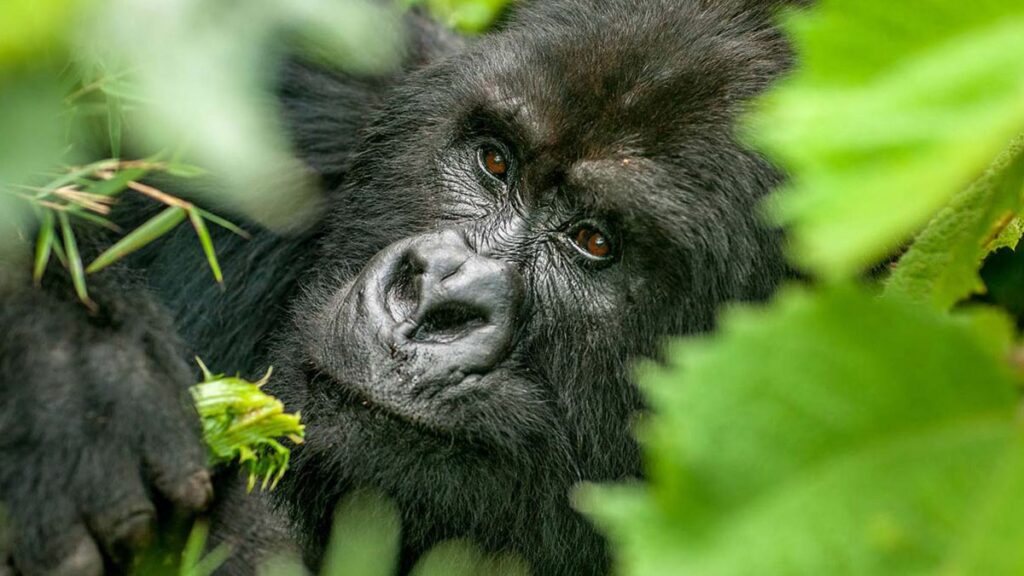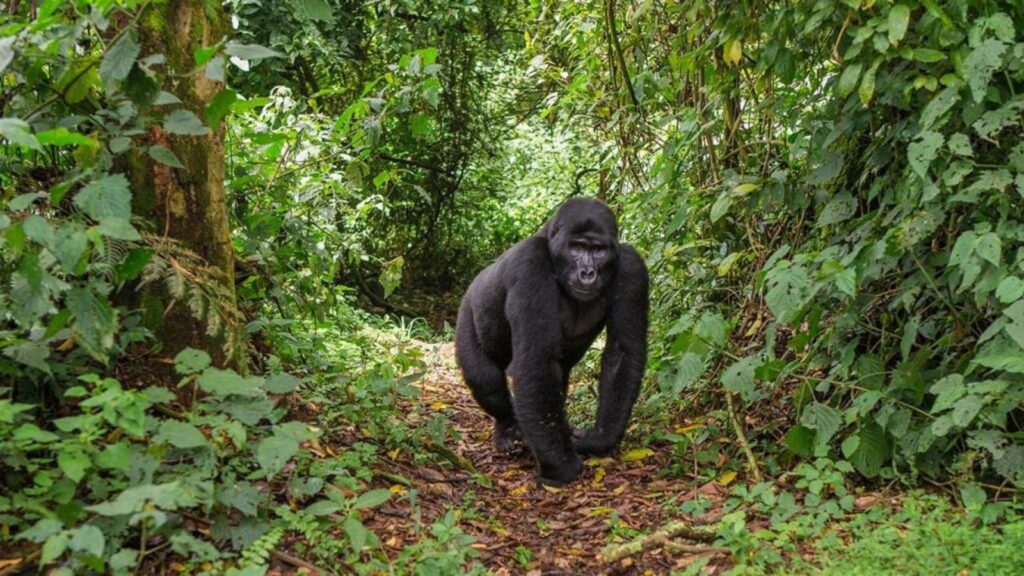Recycling and Composting Projects in Lodges.
Across Africa’s national parks and gorilla trekking regions, lodges are proving that luxury and sustainability can exist side by side. Through innovative recycling and composting projects, these lodges are reducing waste, restoring nature, and setting a new standard for responsible tourism.
In destinations like Bwindi, Volcanoes, and Virunga National Parks, where pristine ecosystems are vital for gorillas and other wildlife, proper waste management has become essential.

Why Waste Management Matters in Eco-Lodges.
Tourism brings opportunity but also responsibility. Every lodge produces waste — from plastic bottles to food scraps — and if not managed properly, it can harm wildlife, pollute rivers, and spoil natural beauty.
Eco-lodges in Uganda, Rwanda, and Congo now take active steps to minimize their environmental footprint. Recycling and composting programs turn what was once waste into valuable resources. These projects not only protect nature but also educate communities about sustainable living.
Recycling Initiatives Transforming Lodges.
Many lodges across gorilla regions now run small-scale recycling centers. Plastic bottles, glass, and paper are collected, sorted, and reused.
In Rwanda’s Volcanoes National Park, luxury properties like Bisate Lodge and Singita Kwitonda Lodge have eliminated single-use plastics entirely. Guests receive refillable water bottles and biodegradable toiletries. Waste glass is crushed and repurposed for construction, while paper and cardboard are recycled into packaging or reused by local artisans.
In Bwindi Impenetrable Forest, lodges such as Buhoma Lodge and Nkuringo Bwindi Lodge work with local youth groups to collect and recycle plastic waste. The materials are sold to regional recycling plants, creating income for nearby communities.
These projects reduce litter, generate jobs, and strengthen environmental awareness.
Composting: Turning Waste into Wealth.
Composting is another key sustainability practice in eco-lodges. Food waste and garden clippings decompose naturally to create organic fertilizer. At Clouds Mountain Gorilla Lodge, the team composts all organic waste to nourish vegetable gardens that supply the kitchen. Guests enjoy fresh produce grown right on-site — a perfect example of a closed-loop system.
Kyambura Gorge Lodge in Queen Elizabeth National Park uses a similar method, transforming waste into rich soil for its coffee plantation and community tree nurseries. Composting eliminates the need for chemical fertilizers and reduces methane emissions from landfill waste.
These systems demonstrate that what comes from the earth can return to it — responsibly and productively.
Community Participation and Education.
Waste management is not just a lodge operation; it’s a community movement. Lodges often involve nearby villages in their recycling and composting projects.
In Rwanda, eco-lodges sponsor school programs that teach children how to separate and reuse waste. In Uganda, some lodges host workshops for farmers on composting techniques. These initiatives spread environmental knowledge far beyond the lodge boundaries.
By working together, travelers, staff, and communities turn sustainability into daily practice rather than a marketing slogan.
The Impact on Conservation.
Effective waste management keeps wildlife habitats clean and safe. Animals no longer ingest harmful plastics, and forests remain free from pollution. Compost-enriched gardens also reduce pressure on wild ecosystems by providing alternative food sources for lodges and local households.
For gorilla conservation areas, these projects are vital. A cleaner environment means a healthier forest and stronger biodiversity. Lodges that manage their waste well become partners in protecting the very wildlife that attracts visitors.
The Future of Green Lodging.
More lodges across Africa are now adopting zero-waste goals. Solar-powered incinerators, biodegradable packaging, and waste-to-energy innovations are transforming how tourism interacts with the environment.
As travelers become more eco-conscious, lodges with visible recycling and composting programs stand out as responsible leaders in hospitality. These practices don’t just save money — they save ecosystems.
Plan Your Eco-Friendly Stay.
Travel responsibly. Choose lodges that care about what they consume and what they return to nature. Each eco-lodge listed with Gorilla-Permits.com is selected for its sustainability record, community impact, and environmental stewardship.
Let your journey protect what makes Africa unique.
Inquire and book now at Gorilla-Permits.com—where your stay supports conservation, innovation, and a cleaner planet.




